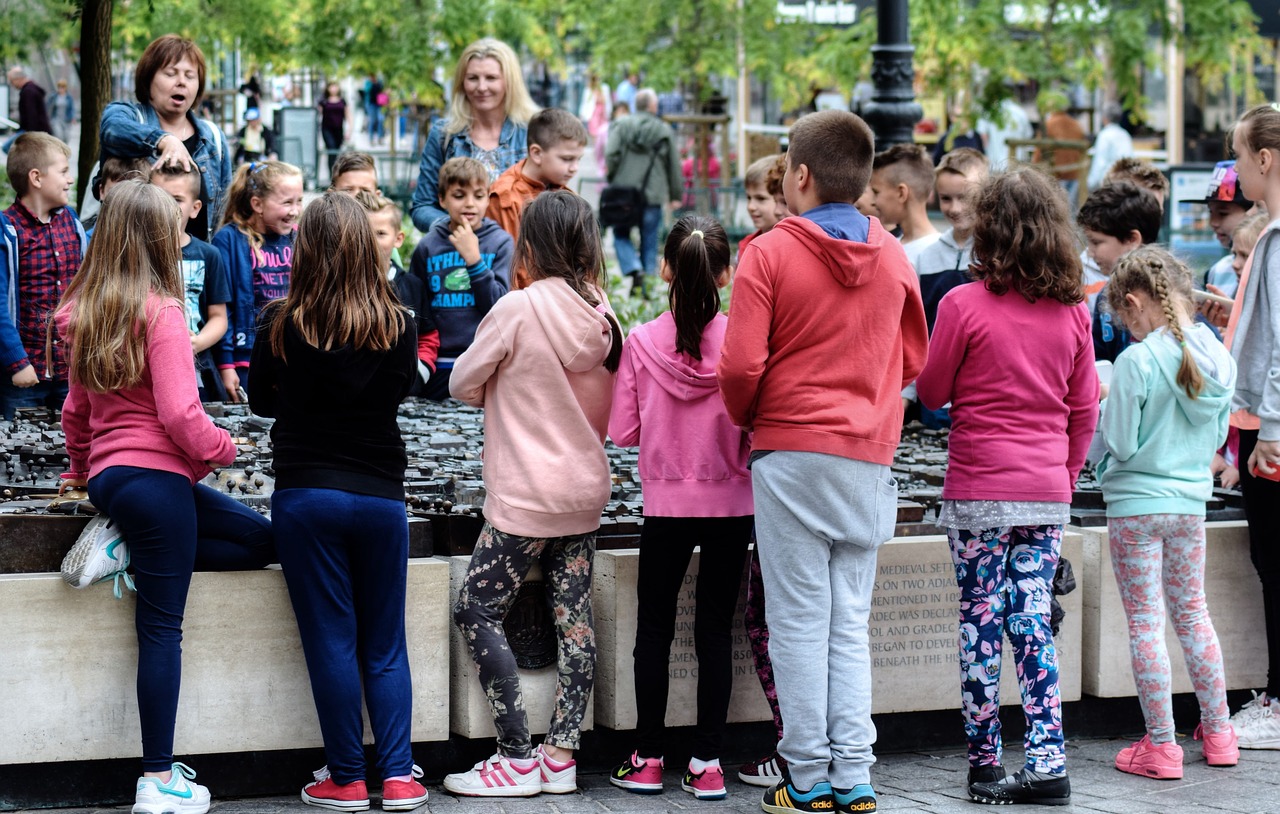How Edtech Is Shaping The Future Of Academic Freedom

Academic freedom in universities has been making the news with increasing regularity over the past few years. It can be defined as the freedom to teach, discuss, debate, and study whatever is deemed to be of value to human knowledge. A key component of academic freedom is freedom from excessive government control over the content of courses. Without such freedom, universities run the risk of simply becoming propaganda wings of the current government. Academic freedom needs to be protected in all institutions, and edtech has an essential role to play in ensuring this.
First of all, edtech has the capacity to diversify debates, bringing new voices to the table to discuss the issues that matter. Remote learning technologies, such as online degrees and MOOCs have enabled learners from poorer socio-economic groups, older learners, and learners from developing countries (who traditionally have found accessing tertiary education more of a struggle) to participate more freely in academia.
This form of edtech has proved to be very popular. When remote online was in its infancy, between 1998 and 2008, there was a 150% increase in the number of students signing up to take online college degrees and other online courses. Of course, to be as powerful as it should be, diversity should not just exist in the student body, but it should also be reflected in the make-up of the faculty itself.
Secondly, edtech like modern Learning Management Systems (i.e., LMSs) enables a more diverse array of information to be disseminated among learners. The more different types of information that they have available to them, the more freely and flexibly learners can enter into debate. Modern LMSs support everything from video streaming to mobile apps alongside the ability to provide digital feedback on assignments and to upload reading material in the form of a scanned document.
Moving beyond the printed materials that have traditionally dominated the classroom, edtech enables a student to (for example) watch a live video of an expert on the other side of the planet delivering a lecture on the topic that they are focusing on in their seminars. This provides them with new perspectives and enables them to see both sides of the story, as well as giving them the freedom to choose between different learning materials: two key forms of academic freedom.
What has been your own experience of using edtech to facilitate academic freedom in your institution?






